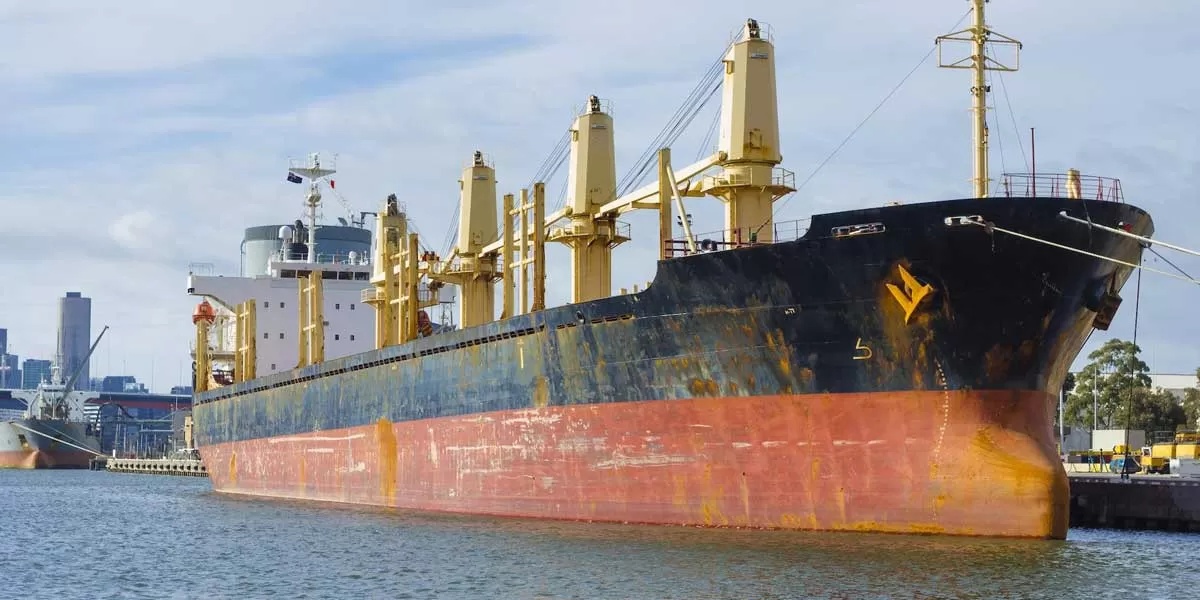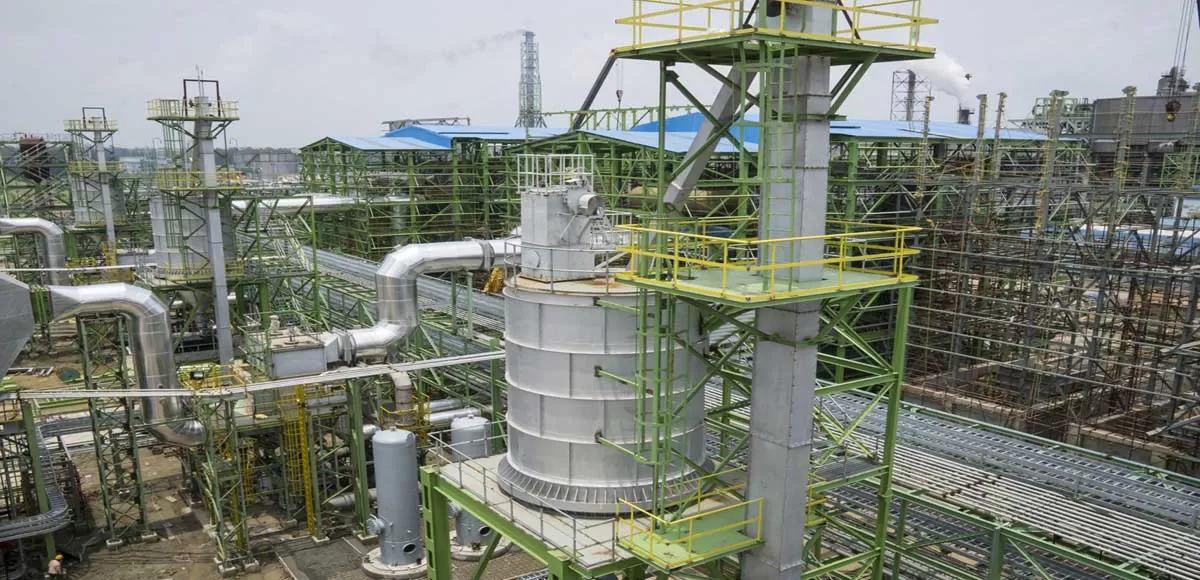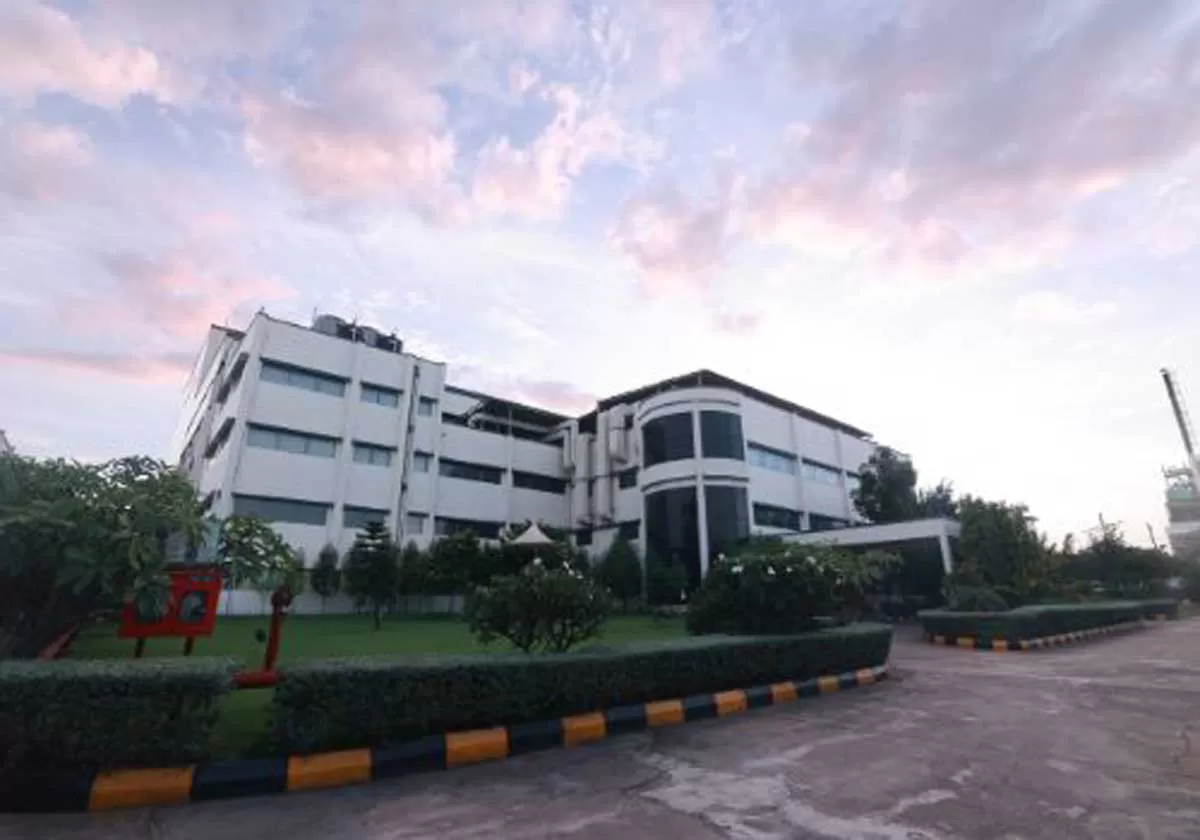
Australia bans Indian bulk carrier for 180 days over safety violations

Star Housing FY25 Reports 22% AUM, 54% Revenue, 25% PAT Growth YoY
Star Housing Finance (Star HFL), a BSE listed home finance company operational in low cost retail housing finance space across multiple states has reported its annual financial results exhibiting AUM growth and stable asset quality . For the twelve months ending March 31, 2025, Star HFL posted total revenue of Rs 940.96 million, a 54.06 per cent Y-o-Y increase. Profit after tax (PAT) rose by 25 per cent to Rs 110.10 million, compared to Rs 80.88 million in FY2023–24 . During the fourth quarter of FY2024–25, the company recorded total revenue of Rs 270.89 million and PAT of Rs 20.93 milli..

Techno Electric Unveils Techno Digital with $1 Bn Boost for India
Techno Electric & Engineering Company (TEECL), one of India’s most trusted names in power infrastructure for over four decades has officially launched Techno Digital Infra, its wholly-owned digital infrastructure arm. Backed by an ambitious investment plan of $1 billion, Techno Digital plans an integrated network of hyperscale and edge data centres targeting a cumulative capacity of 250 MW spread across country. This strategic move marks a transformative leap to revolutionize India’s digital economy, aligned with the Government of India’s flagship programme, Digital India. Rooted in st..

Suven Pharmaceuticals Renamed as Cohance Lifesciences
Suven Pharmaceuticals, an integrated CDMO serving customers across the globe, has rebranded as Cohance Lifesciences. This event represents more than just a name change—it marks a bold step forward in the company’s evolution into a specialized, technology-driven global CDMO platform, purpose-built for the future of therapeutics. The Cohance name captures the organization’s commitment to Collaborate with global innovators to Enhance their molecules and products to deliver transformative solutions to patients and consumers worldwide. "The transition to Cohance Lifesciences marks a piv..














